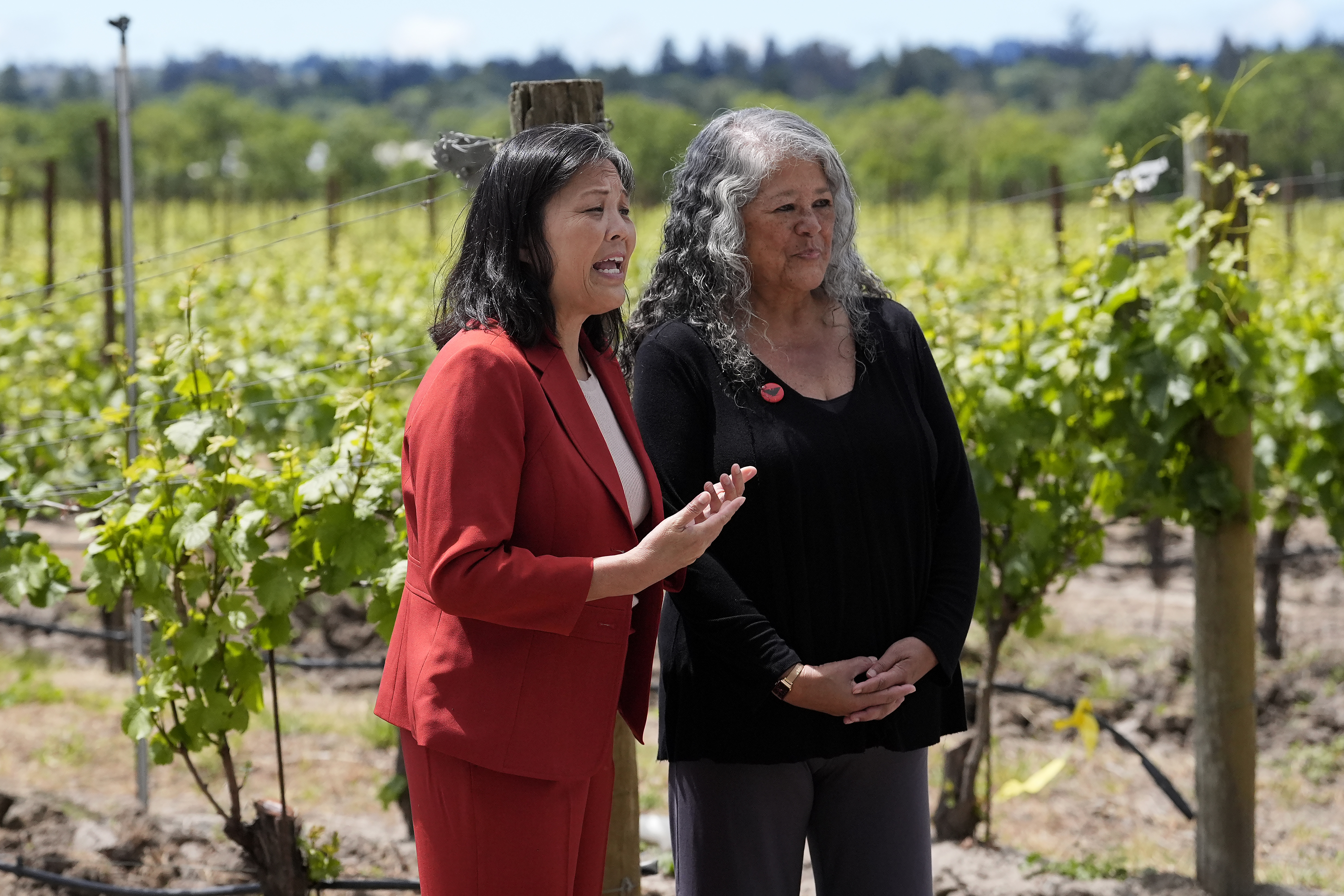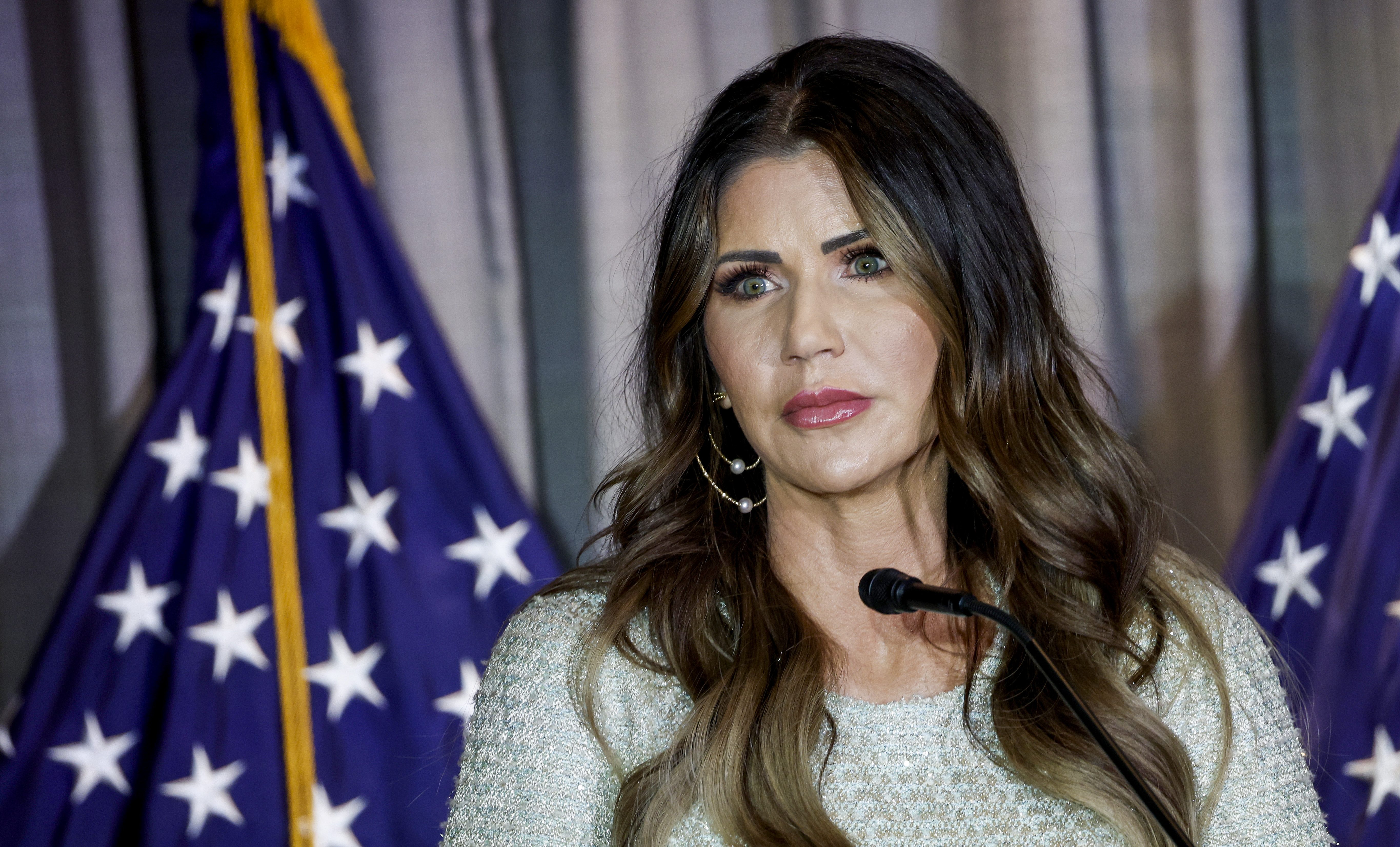NEW YORK - A top Iranian official told NBC News it was possible that the three U.S. hikers who were arrested last year on espionage charges might not be spies after all.
Mohammad-Javad Larijani, secretary-general of the High Council for Human Rights and a close adviser to Iran's supreme leader, Ayatollah Ali Khamenei, made the comments this week in an interview with NBC News' Ann Curry, in which he also suggested that the door may be open for a thaw in U.S.-Iranian relations.
The Americans — Sarah Shourd, 32, Shane Bauer, 28, and Joshua Fattal, 28 — were arrested in July 2009 when Iranian authorities claimed that they had crossed the border into Iran while hiking in Kurdistan, an autonomous region of Iraq that borders Iran.
Larijani said he hoped the case against the Americans could be resolved before going to trial, suggesting that security and intelligence officials were simply acting out of caution in a volatile border area.
"Oversensitivity of the intelligence is not uncommon, though it is not a healthy thing, I agree," he said. "We think that we should not overreact."
Larijani made it clear that he believed Shourd, who was freed in September on $500,000 bail and has returned to the United States, was not engaged in espionage, saying his agency was able to convince authorities that she "was not even capable of doing such things."
Bauer and Fattal remain in custody. While Larijani said prosecutors and intelligence officials believed they had a strong case against the two men, he told NBC News he hoped it would be determined that they "were really hikers" who "accidentally ... crossed into the most volatile area on the border."
U.S. & World
Curry interviewed Larijani this week in New York, where Iran was defending its human rights record before the United Nations. A U.N. committee approved a draft resolution Thursday expressing "deep concern" about human rights violations in Iran, including torture and the use of amputations and stoning as punishment.
Larijani told the U.N. committee that the resolution was part of an effort by the West to derail Iran's constructive interaction with the United Nations, referring to the United States as "the mastermind and main provocateur."
Less confrontational rhetoric
At the same time, Larijani held out the prospect of improved relations with the United States, telling NBC News that there were "converging interests" between Washington and Tehran, especially in Iraq and Afghanistan.
He said Iran had "persistently supported" the government of Iraqi Prime Minister Nouri al-Maliki even as "all the other Arab states, especially those who are very close allies of the United States, were opposing this government."
Larijani — who studied mathematics at the University of California-Berkeley and speaks fluent English — harshly criticized the Obama administration for what he called its "blind hostility" toward Iran.
He said the Obama administration should stop thinking of Iran in black-and-white terms and proposed that the two countries focus on building confidence, starting with small measures that could produce results in the short term.
Larijani's comments came as the U.S. State Department this week criticized Iran's handling of cases against human rights lawyer Nasrin Sotoudeh and other human rights lawyers.
"Iran's leaders should know that their efforts to silence those Iranians who stand up for the rights of their fellow citizens does not go unnoticed," said the spokesman, Philip Crowley. "The United States remains gravely concerned about Iran's continued harassment, detention and imprisonment of human rights defenders."
Sotoudeh was detained in September and faces trial for "collusion against national security" and "spreading propaganda against the Islamic Republic." Larijani told NBC News that his agency would be "very sensitive on these cases," but he maintained that Iranian authorities believed that she was engaged "in a very nasty campaign" against Iran's national security.
Death penalty unlikely for rights lawyer
Since her arrest Sept. 4, Sotoudeh — who has represented 2003 Nobel Peace Prize recipient Shirin Ebadi and other women's rights activists — has reportedly spent much of her time in solitary confinement and recently ended a hunger strike.
A coalition of seven human rights groups, including Human Rights Watch and Amnesty International, issued a statement in October charging that by prosecuting lawyers for "doing their job," Iranian authorities were "further undermining an already deeply flawed justice system."
Larijani criticized her hunger strike as illegal. But he said that while the charges were serious, he did not believe she would face the death penalty if convicted. In an interview last year in Tehran, Sotoudeh told NBC News that she knew her human rights work put her at risk.
"It is very difficult work," she said. "With many difficulties we manage to do it. Once it is done, we feel very pleased."
Larijani acknowledged that Westerners condemned parts of Iran's legal system, especially its practice of stoning and lashing some offenders, but he said they did so out of a misunderstanding of the law.
He would not weigh in personally on whether stoning should be banned, but he said he thought changing the law would not be easy.
Larijani said stoning was rarely imposed in Iran, only in a handful of extreme cases of adultery, and its defenders intend it as a deterrent, he argued.
"Stoning does not mean beat her until she dies," he said. "Stoning is like flogging, like lashes. It means that you should throw a limited number of stones of limited size. She may survive; she may not."
Some Iranians consider lashing "more humane" than six months in prison, "because then [a defendant] can walk to his house." Larijani said. "He may be upset for a couple of days, but nobody knows that. He's within his family. So this is a cultural matter."
And he spoke with pride about Iran's technical achievements, its development of missiles and its controversial nuclear program, citing in particular Iran's ability to produce nuclear fuel.
"This is prestigious for us," said Larijani, who comes from a prominent Iranian family: His brother Ali is head of Iran's parliament, and another brother, Sadegh, is in charge of the judiciary.



